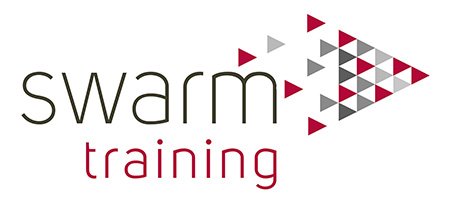
Accounts or Finance Assistant
Level: 2 / Duration: 16-18 mths
An Accounts or Finance Assistant can work in almost any sector. Potential employers include corporate businesses, sole traders, partnerships, Public sector, not-for-profit organisations and educational institutions.
An Accounts or Finance Assistant may work in-house for an organisation or they might work for an accountancy firm, bookkeeping practice, Shared Service provider, self-employed or on behalf of several different clients.
An Accounts or Finance Assistant may work in-house for an organisation or they might work for an accountancy firm, bookkeeping practice, Shared Service provider, self-employed or on behalf of several different clients.
Assessment
The EPA assessment period will be upto 12 weeks| Submit a portfolio of evidence of their best work |
| Achievement of the AAT Foundation certificate in accounting (Level 2) |
| Meet with the independent assessor to have a Professional Discussion underpinned by the portfolio of evidence |
| An "In-tray Test" which consists of a fictitious scenario presented to the apprentice to test how they would apply their skills to complete the required tasks |
The training will enable your apprentice to:
- Be aware of the organisation's needs and activities and their impact for accounting and finance.
- Identify, collate and process financial and accounting data from primary sources such as business records.
- Examine financial and accounting data to identify issues with quality and reliability as instructed and in accordance with guidance.
- Rectify errors in financial and accounting data, escalating problems beyond their remit as appropriate.
- Reconcile transactional data to minimise the chance of errors in financial and accounting outputs such as sales and purchase invoices, sale and purchase orders, bank statements and payroll.
- Plan and review workloads with supervisor to ensure best use of time to complete allocated tasks efficiently.
- Communicate with internal and external stakeholders using appropriate methods and professional language. Examples may include letters, ‘phone, face-to-face, e-mail, video call, online chat functions etc.
- Use financial and accounting software packages to input and manage data safely and securely in line with organisational instructions.
- Provide support to team members to help ensure that financial and accounting activities are carried out within expected timescales and quality expectations.
- Keep up to date with developments to enhance relevant skills and take responsibility for own professional development.
Knowledge, Skills and Behaviours
We can provide you with a full list of the Knowledge, Skills and Behaviours which your apprentice will be taught and assessed on but as an overview, your apprentice will learn the following:
-
General business
Understanding your Organisation
Accounting systems and processes
Basic Accounting
Ethical Standards
-
Attention to Detail
Communication
Uses Systems and Processes
Personal Effectiveness
-
Personal Development
Professionalism
Customer Focus
OR
complete the form below
